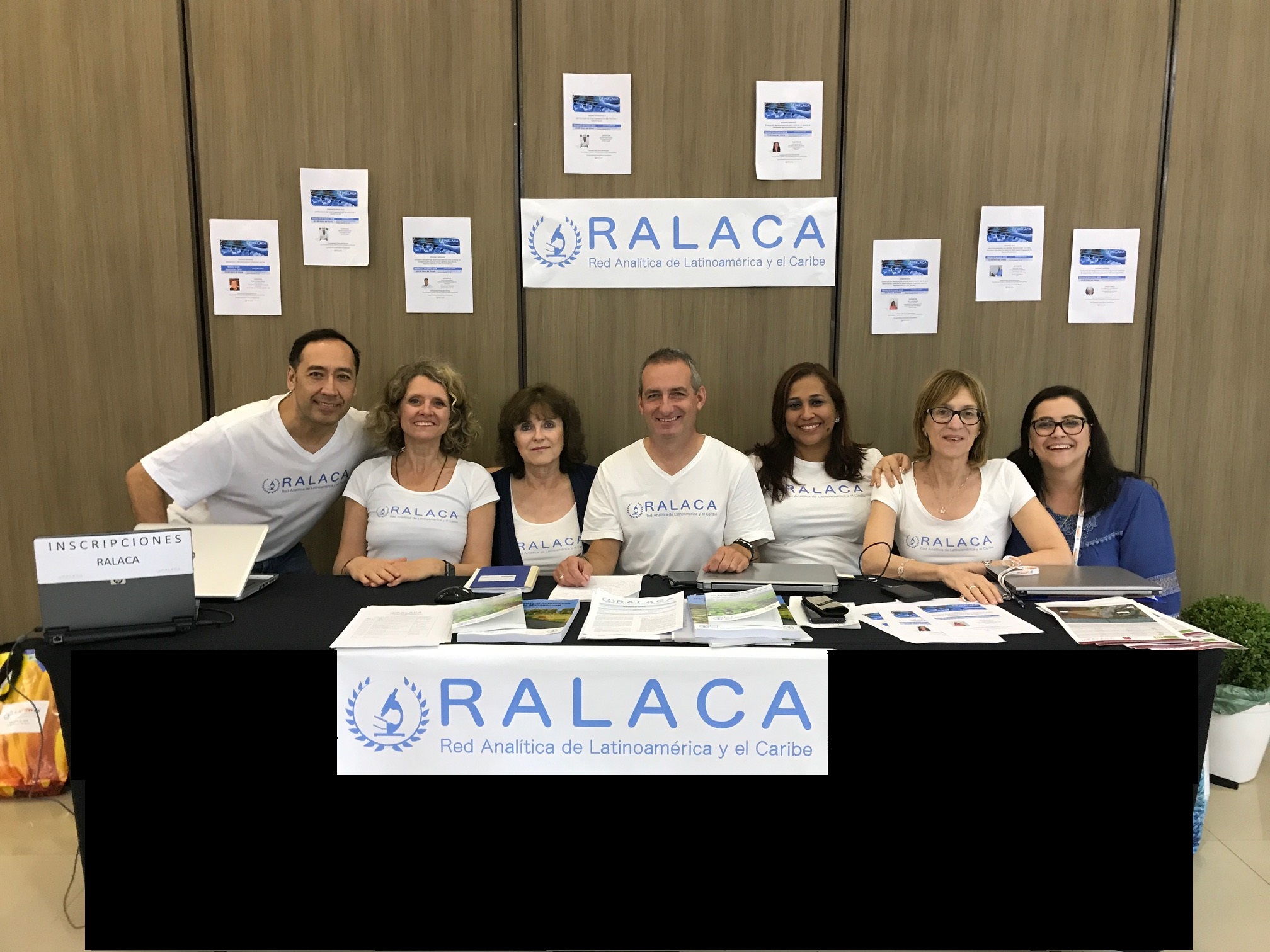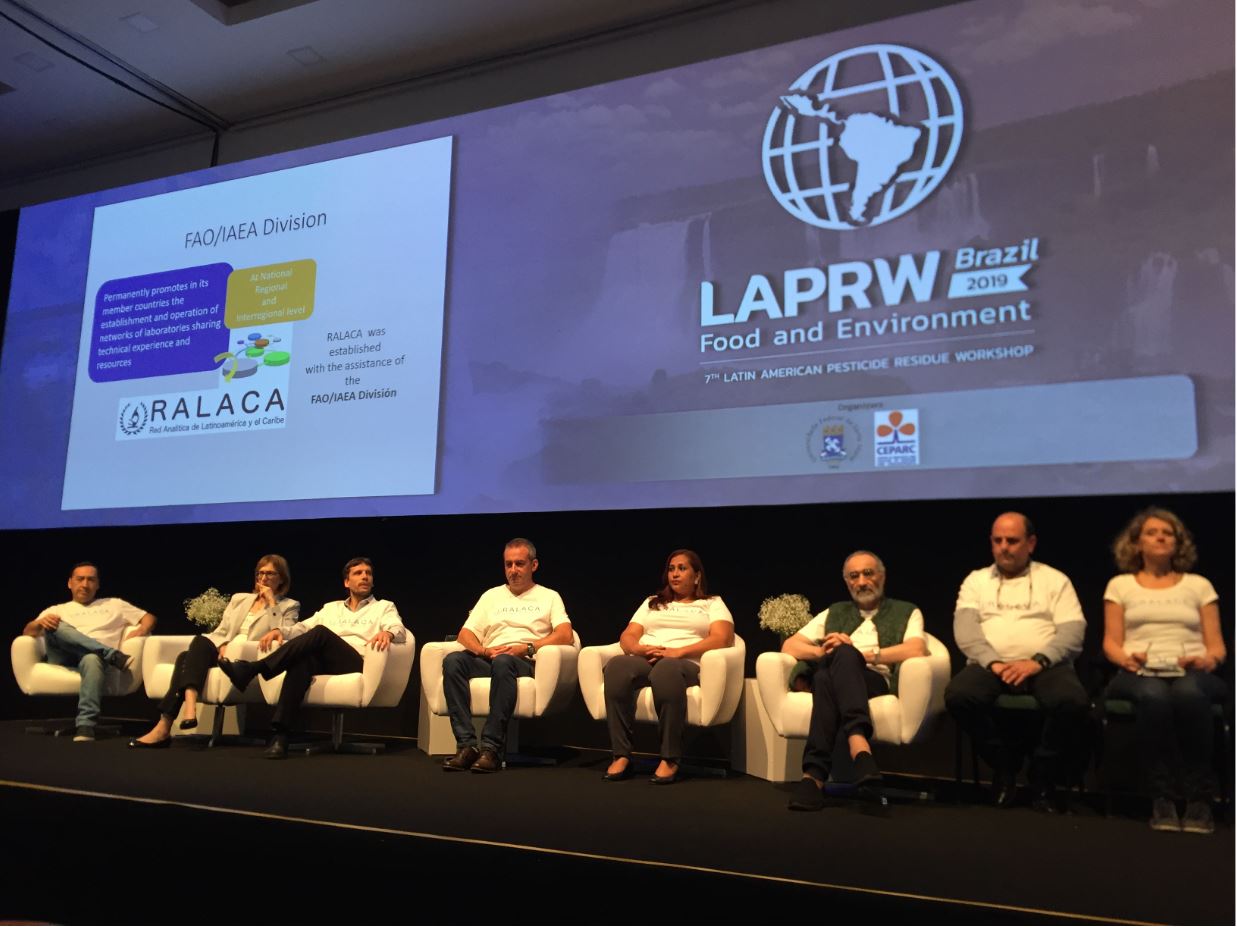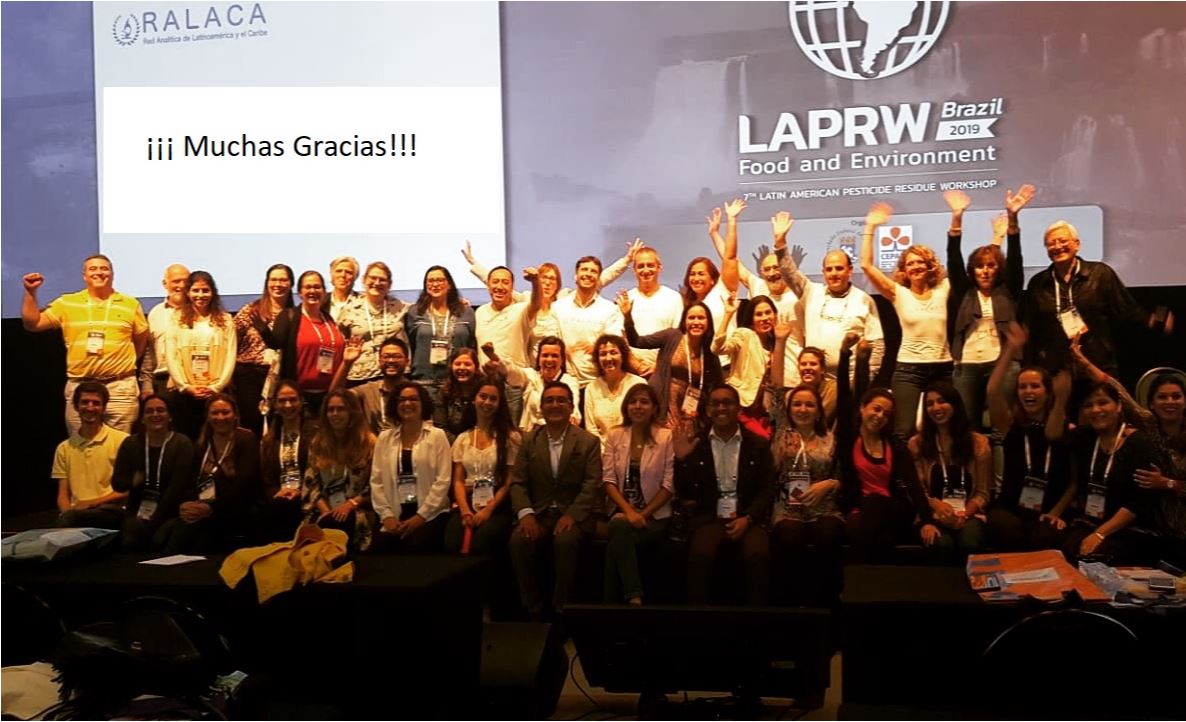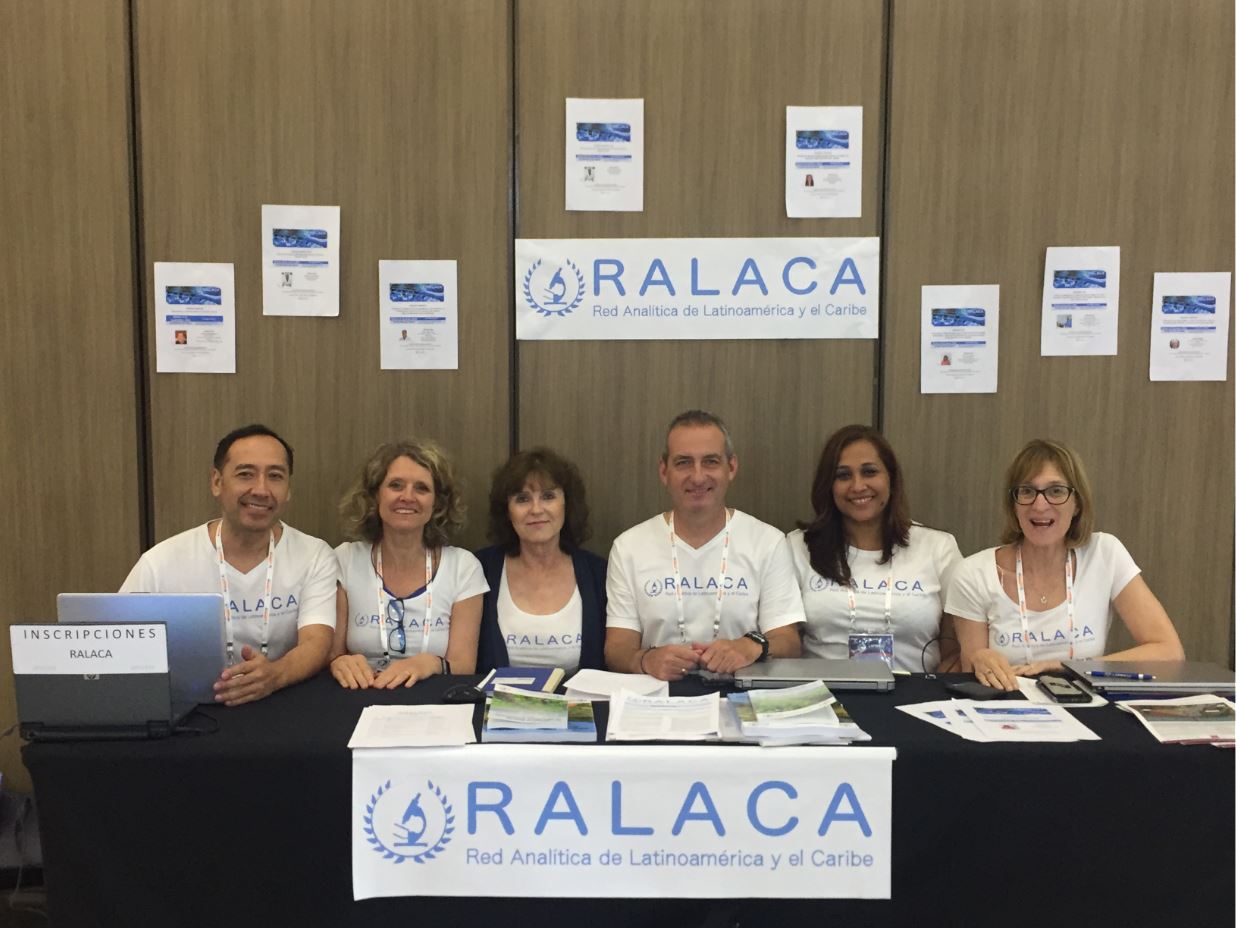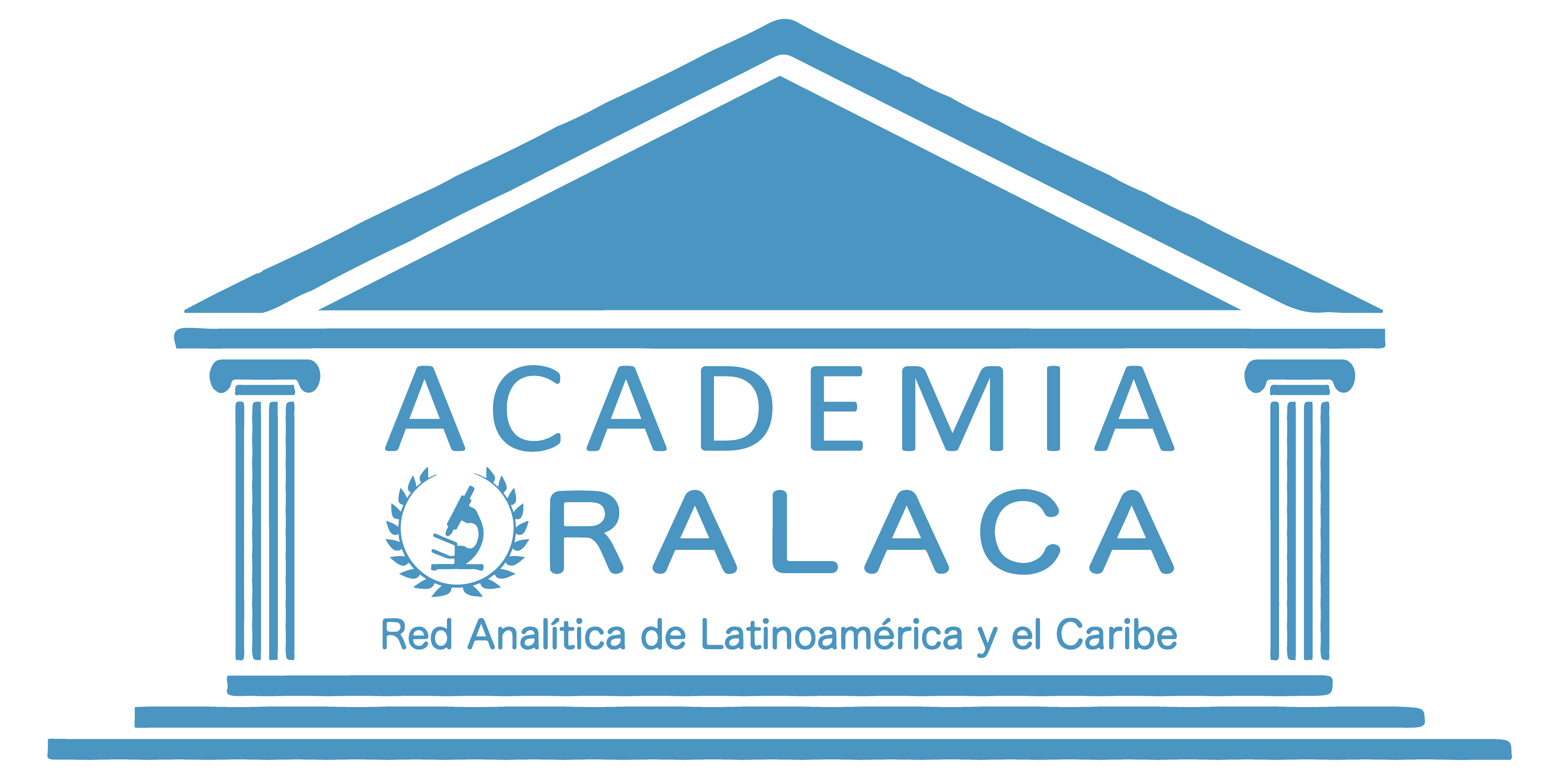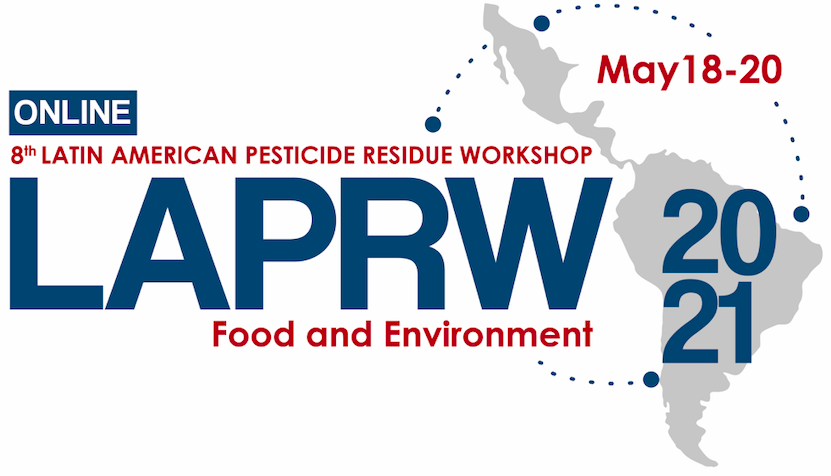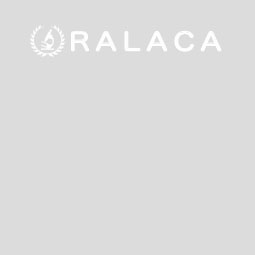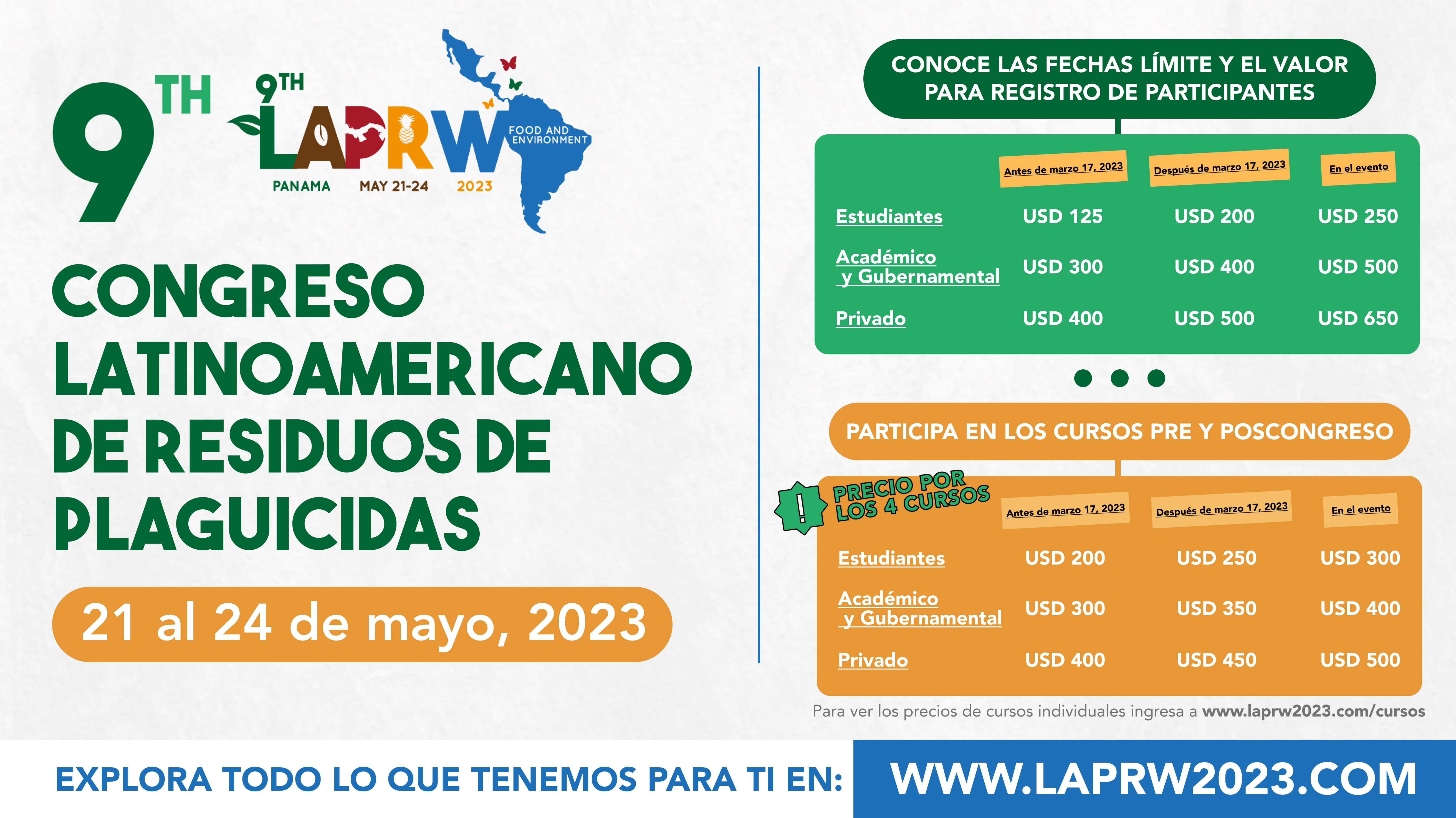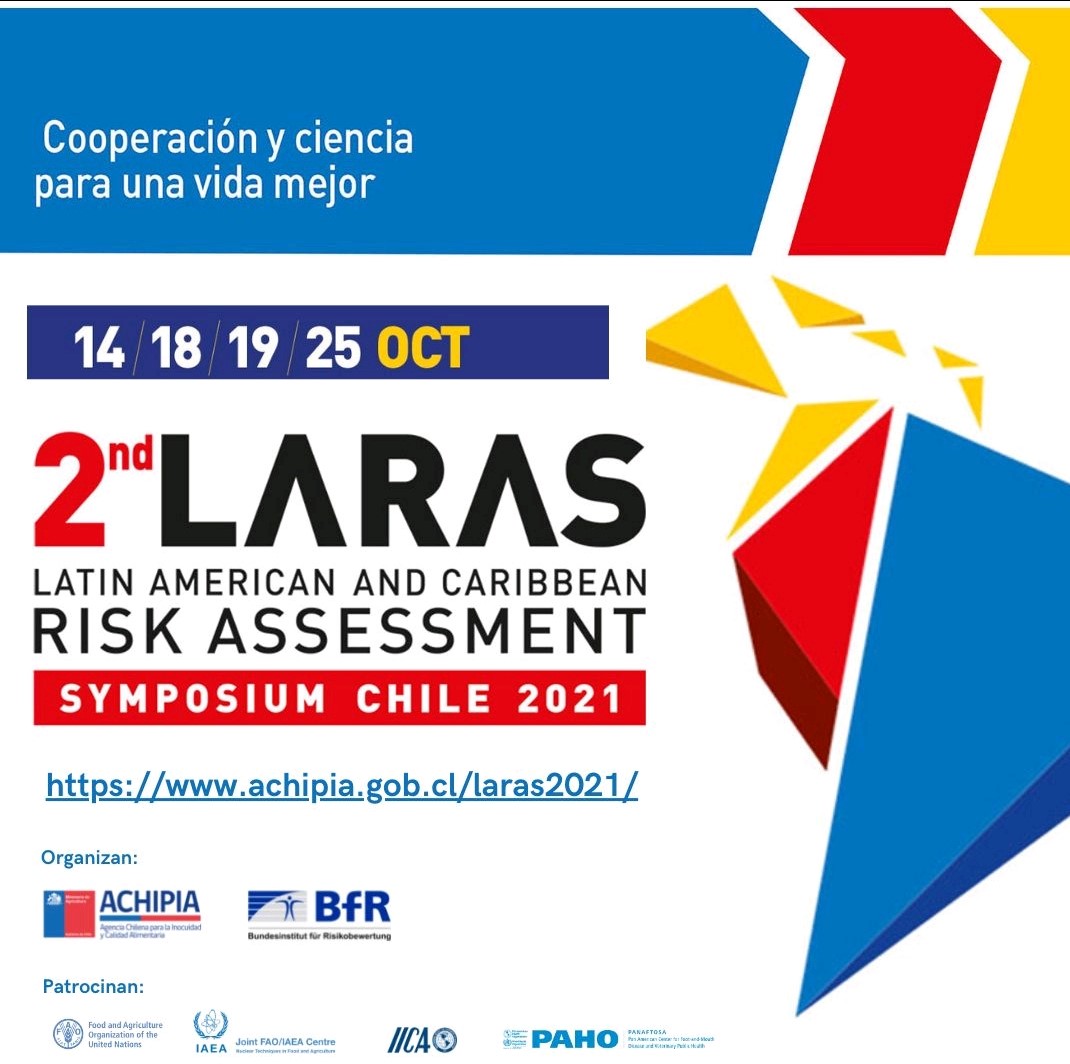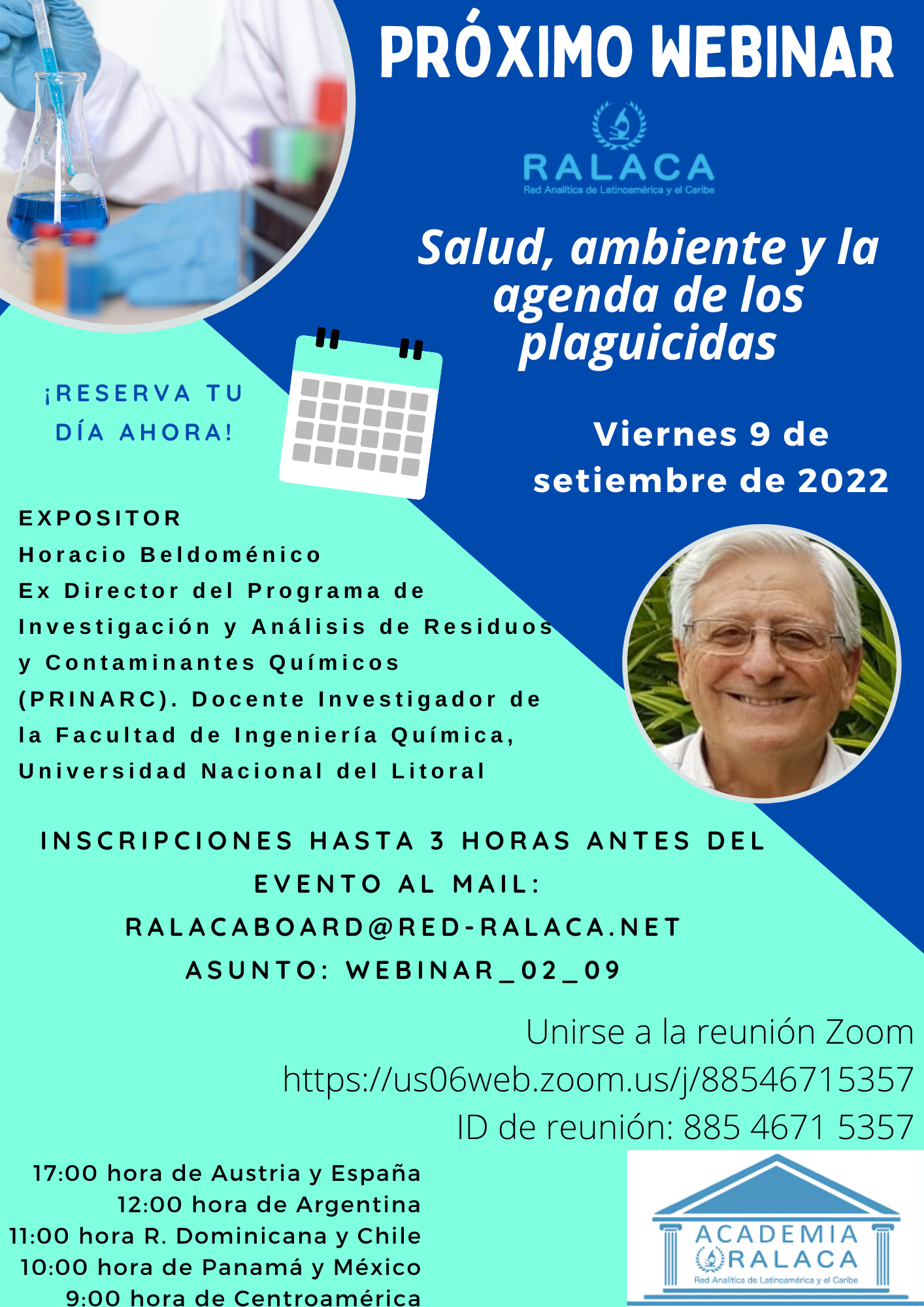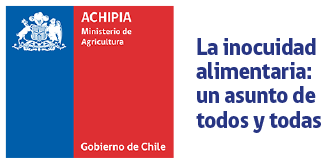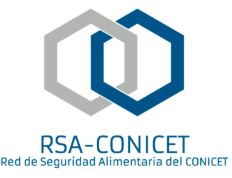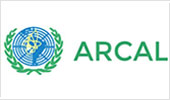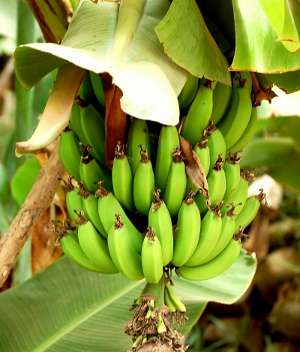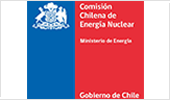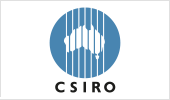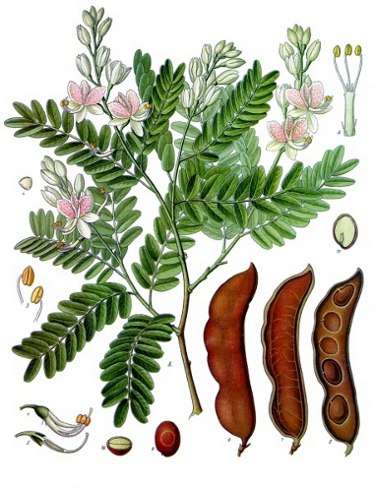España
|
Partnes from España |
||
|
Partner |
Institution |
Contact |
|
Fernando Lafont Déniz |
Universidad de Córdoba |
This email address is being protected from spambots. You need JavaScript enabled to view it. |
![]() Austria
Austria
|
Partnes from Austria |
||
|
Partner |
Institution |
Contact |
|
Britt Maestroni |
FAO/IAEA |
This email address is being protected from spambots. You need JavaScript enabled to view it. |
Pesticide Impact Rating Index (PIRI) is a risk indicator for assessing the potential of off-
site migration of pesticides and impact water quality and ecosystem health. A Spanish
version of the freely available PIRI has just been released which evaluates the potential
pollution risk of pesticides to surface and ground waters. This evaluation is based on
different landuses in an area or different pesticides used in any crop production system by
incorporating the properties of pesticides, their application rates as well as site and weather
conditions. PIRI can be particularly useful for the following purposes:
To compare the pollution potential of different pesticides within a crop
production system
To identify chemicals that should be included in water quality monitoring
program
To identify chemicals that need to be replaced with more environmentally
friendly pesticides, if possible.
To communicate and educate people about the risk associated with pesticides.
The Spanish and English versionafter registering your interest:
www.csiro.au/piri of PIRI can be downloaded free of charge from the web,
|
Lab 2 Brazil Ipten |
|
|
Contact person: |
|
|
E-Mail: |
|
|
Mandate of the Laboratory: |
|
|
Role in the farm-to-fork chain: |
|
|
National Reference Laboratory: |
Yes / No |
|
Type of contaminants analysed: |
|
|
Matrices analysed: |
|
|
Combination matrices and contaminants analysed: |
|
|
Description of validated method used: |
|
|
Laboratory accredited according to ISO17025: |
Yes / No |
|
Provision of interpretation of residue data to customers: |
It provides data interpretation / No |
|
Laboratory certified according to GLP: |
GLP lab / No |
 Vienna, Austria
Vienna, Austria 

